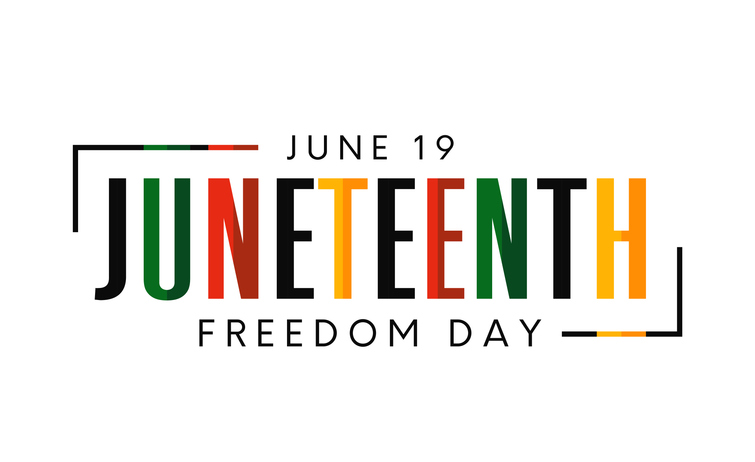Juneteenth shows up on the calendar as a U.S. holiday. But this year, like last, and likely the next, it’s also showing up as a question.
Leaders are asking: Should we mark it? How do we acknowledge it? What if some people don’t know what it is, or don’t agree with what they think it means?
This is what makes Juneteenth different. It’s not just a celebration, it’s a reflection. A reminder that freedom, even when declared, has often arrived late. And that the work of inclusion doesn’t end with policy or pageantry.
If you’re leading a team, especially across countries, cultures, or comfort zones, this moment offers something important: not a mandate. But a chance to lead with compassion.
Juneteenth marks the day in 1865 when freedom finally reached enslaved Black Americans in Galveston, Texas, two years after the Emancipation Proclamation. That delay wasn’t just about distance. It was about power, resistance, and the slow pace of justice.
And while the story is American, the meaning isn’t limited to the U.S. Every country, every company, has its own version of delayed progress. That’s what makes Juneteenth relevant even in places where it’s not widely known. It opens the door to deeper conversations about who gets to feel seen, safe, and valued at work.
Across Coqual’s conversations with member companies, we keep hearing the same thing:
People don’t want perfection. They want presence. They want to know their stories can exist at work—even if those stories are hard.
So what can leaders do?
You don’t need a big campaign or a perfectly worded post. You just need to show that you’re paying attention.
Here are three ways to approach Juneteenth this year, with honesty, and without overthinking it.
- Say what you’re still learning.
Juneteenth is new to many people, including some Black Americans. That’s okay. Say that. It helps create space for others to ask questions, admit gaps, and listen. That’s the start of trust.
2. Make room for real voices.
Don’t feel pressure to host a big event. Instead, ask: Who has something to say? What stories haven’t been told? A listening session, a shared article, a moment of reflection, doesn’t have to be loud to be meaningful. And it doesn’t have to fall only on Black colleagues to carry the weight.
3. Look for the common ground—without flattening the meaning.
This is a specifically Black American day. Honor that. And also ask: What does delayed justice look like elsewhere? Where have people been made to wait to belong? These questions help connect the local and the global, and make space for all employees to engage without comparison or defensiveness.
Juneteenth doesn’t need to be solved for. It just needs to be noticed—and not skipped over because it feels hard.
The truth is, moments like this help define your culture. Not because of what’s posted on your intranet, but because of what’s felt. Seen. Heard. Allowed.
That’s Juneteenth. Not a headline. A heartbeat.
Let’s make room for it.
